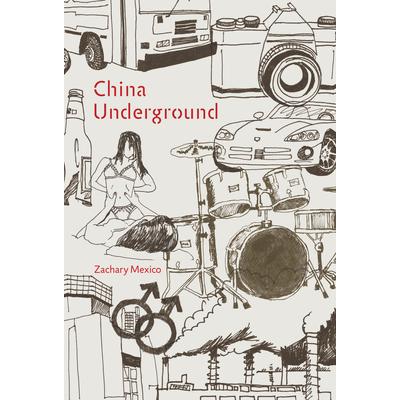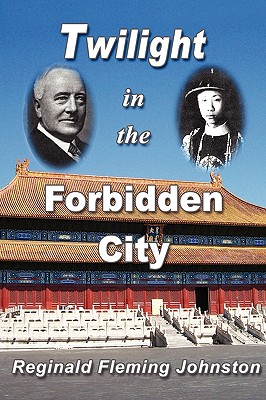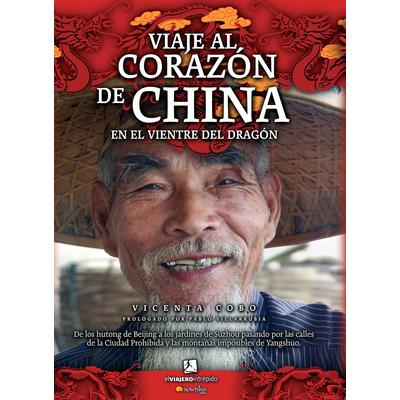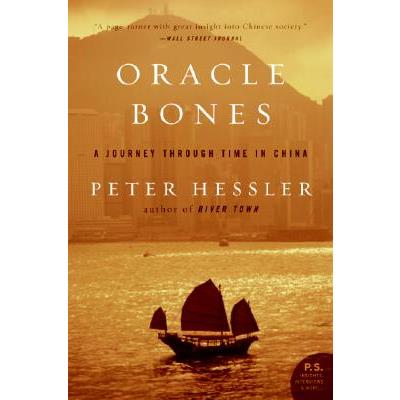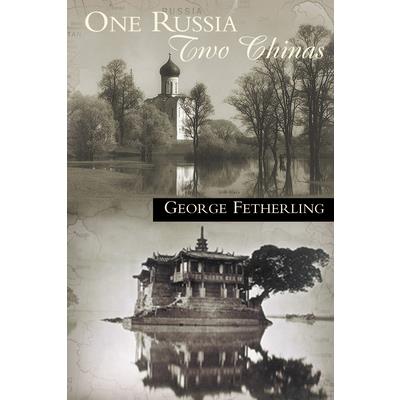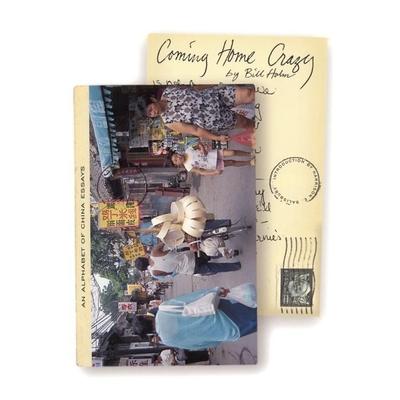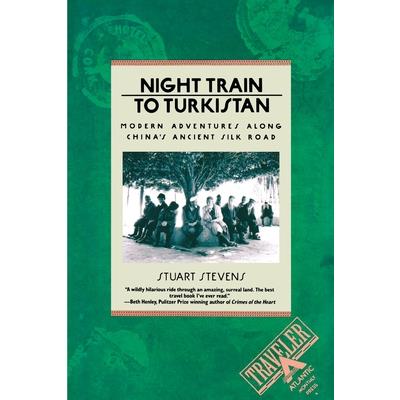China Underground
An American's experiences of the traditions, changes, and subcultures of 21st-century China--"a seamless portrait of a complex modern society" (Publishers Weekly). Formerly a student in Beijing, Zachary Mexico returned to China in 2006 to chronicle the immense changes in Chinese society ushered as it joined the world's headlong rush into the future. Focusing on the Chinese of his generation, Zach journeys into the vibrant subcultures of the marginalized and outcast that exist alongside China's centuries of tradition. Talking to such varied personalities as a mafia kingpin, a prostitute, and a wannabe rock star, Zach offers a unique perspective on the radical shifts in Chinese society. Finding individuals with fascinating stories, he delves into topics ranging from culture to politics to environmental issues and sexual mores. Readers will meet a closeted graphic designer; a self-taught disaster photographer; a struggling punk band; a ladies' man who can't stay in one place; and many more faces of this unique country. This is a remarkable portrayal of a country undergoing rapid-fire change in a place where timeless historical legacies still line the streets.
Twilight in the Forbidden City
As the British-born Tutor to the Dragon Emperor, Johnston was the only foreigner in history to be allowed inside the inner court of the Qing Dynasty. Johnston carried high imperial titles and lived in both the Forbidden City and the New Summer Palace. Twilight in the Forbidden City reflects his eyewitness accounts of the memorable events of the time. He provides an first hand account of daily life in the Forbidden City, the Summer Palace, and gives many detailed descriptions of ceremonies including Pu-yi's wedding. Johnston provides a good deal of anecdotal material for the last days of the Ch'ing Dynasty court before the 1911 Revolution He knew many of the active players in those events, and of historical significance are his observations on the Ch'ing court's political structure, and in particular the Nei Wu Fu or Imperial Household Department. If you are planning to travel to China, or want to understand China better, then this book is a must read as it provides an eyewitness account of the events of period! A 'must read' for anyone interested in China!
Viaje al corazon de China / Journey to the Heart of China
Un recorrido por las entra簽as del drag?3n, por la esencia de ese pa?-s m?gico y milenario de manos de una periodista que nos adentra en el alma de la China actual y de la China milenaria.
Oracle Bones
"Hessler has stepped off the treadmill of events-driven journalism to produce one of the most profoundly original books about China since, well, since his first book, River Town. . . . . Everywhere, the book is shot through with sensitivity, insight, and rollicking good humor too." --The Economist"Oracle Bones will firmly establish Mr. Hessler as one of the Western world's most thoughtful writers on modern China. . . . A page-turner with great insight into Chinese society. . . . A richly humanistic portrayal." --Wall Street JournalThe acclaimed author of River Town offers us a rare portrait, both intimate and epic, of twenty-first century China.A century ago, outsiders saw China as a place where nothing ever changes. Today the country has become one of the most dynamic regions on earth. In Oracle Bones, Peter Hessler explores the human side of China's transformation, viewing modern-day China and its growing links to the Western world through the lives of a handful of ordinary people. In a narrative that gracefully moves between the ancient and the present, the East and the West, Hessler captures the soul of a country that is undergoing a momentous change before our eyes.
One Russia, Two Chinas
A travel narrative written over the course of ten years, One Russia, Two Chinas is about change and resistance to change in the postmodern world. In 1991, when the Soviet Union was about to morph into the Russian Federation, George Fetherling found himself in Moscow. He both marched with the workers in the last-ever Communist May Day parade and observed, at ground level, the new Russia's love of the marketplace. Fetherling then went overland to China. His entry point was Beijing, which at that moment was girding itself for the first anniversary of the Tiananmen Square massacre. Later that same year he journeyed to Taiwan, then in its final days as a dictatorship. He returned there mid-decade when the "Other China" had become a democracy, in order to note the differences - and similarities. This is old-fashioned travel writing, with vivid prose, bizarre characters, and crystallizing descriptions. But its also a valuable document that freezes some important world events for close inspection.
Coming Home Crazy
Arranged by letter of the alphabet, with at least one entry per letter, these short pieces capture the variety of daily life in contemporary China. Writing about traditions that endure in rural areas as well as the bureaucratic absurdities an American teacher and traveler experiences in the 1980s, Holm covers such topics as dumpling making, bound feet, Chinglish, night soil, and banking. In a new afterword to the second edition, Holm reacts to recent changes."Holm's view is entertaining, thought-provoking and touching. After reading his book, you won't look at the United States or China the same way." --Philadelphia Inquirer
Night Train to Turkistan
"From the beginning, it was a silly idea. This, of course, I liked." So begins Night Train to Turkistan, Stuart Stevens's irreverent, irresistible Chinese travel tale. In the late fall of 1986, Stevens, a young political consultant and writer, invited three friends to join him on an unlikely 5,000-mile quest along China's Ancient Silk Road. Their goal was to retrace the steps of a famous journey made in 1936 by Peter Fleming, an eccentric British writer/traveler, who, like his brother Ian Fleming, had a flair for exceptional adventures. Stevens's choice of companions is more amusing than useful-a triathlete and closet good ole boy, a kung fu expert from Yale, and a six-foot-tall female rower in Lycra stretch gear. Only one of them-Mark Salzman, author of the acclaimed Iron & Silk-had ever been to China before and Salzman is profoundly unsure of he likes being back. Together this improbable foursome sets out from Beijing determined to follow Fleming's route on the Silk Road to Kashgar, the fabled capital of Chinese Turkistan (or Tartary as it has been known for centuries) is one of the wildest, least populated regions on earth, dominated by the fierce Takla Makan desert, a name which translates into "you go in, but you do not come out." In the unbelievable cold of a Chinese winter, Stevens & Co. rumble across China in trains, donkey carts, bicycles, and some of the more memorable buses in recent literature. Often trapped in monolithic Russian-built hotels, they battle, bluff, and plead their way through the mazes of Chinese bureaucracy, surviving on such delicacies as lamb fat and cold noodles. Crammed with unforgettable characters and unforgettably funny scenes, Night Train to Turkistan is a rare, high-spirited romp across a country where travelers are greeted with "Comrades, we welcome you to your journey. Please do not spit everywhere . . ."







